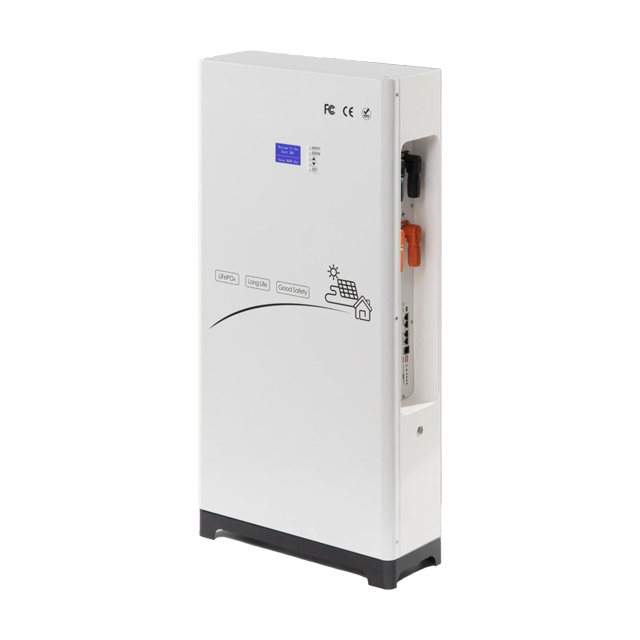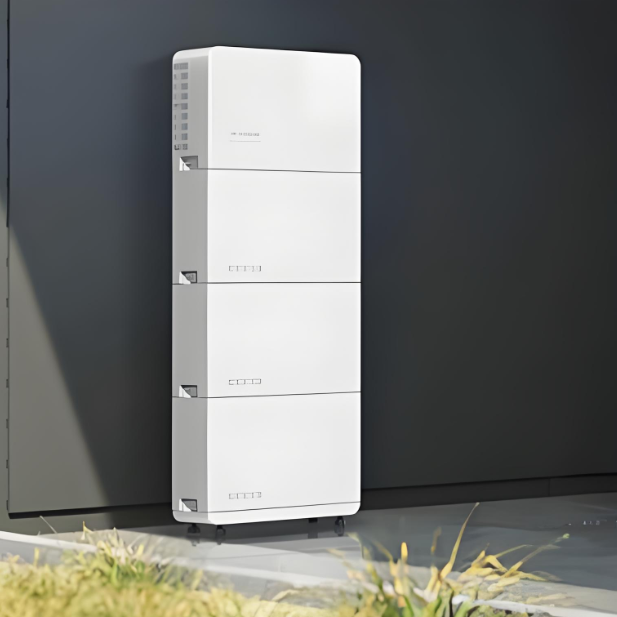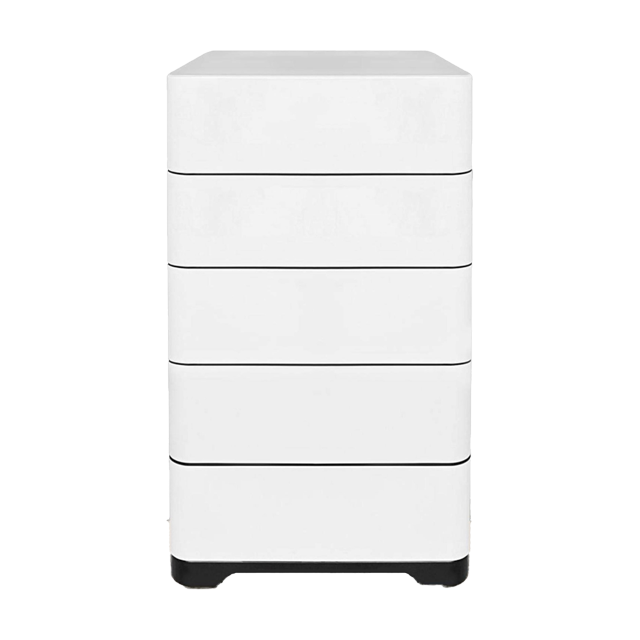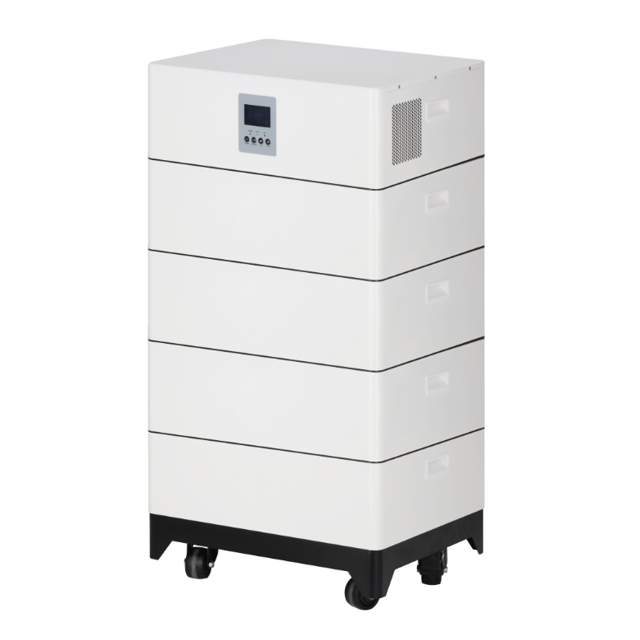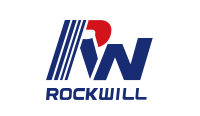Unlocking Full Life-Cycle Value: The Integrated Solution for Industrial and Commercial Energy Storage Systems

Ⅰ. Background and Industry Pain Points
1. Market Potential and Current State
- Industrial and Commercial Energy Storage Potential: Exceeds 500 GWh, yet the penetration rate is below 3%.
- Policy Drivers: Policies like Time-of-Use (TOU) tariff reforms and Virtual Power Plants (VPPs) are improving economic viability. However, the industry is stuck in a low-price competition trap, where excessive initial cost compression leads to significant increases in lifespan and safety risks.
2. Core Challenges Across the Lifecycle
- Lifespan Below Expectations: Standard battery cells require replacement after only 8 years, with retrofit costs reaching 0.5 RMB/Wh.
- Revenue Volatility Risk: Adjustments to electricity pricing policies and inflexible charging/discharging strategies reduce arbitrage margins.
- Safety and Operations Silos: Risk of thermal runaway (e.g., fire), delayed fault response, and lack of guaranteed residual value.
II. Full Lifecycle Solution Framework
Phase 1: Planning & Design
- Intelligent Capacity Planning: Utilizes load forecasting, PV output simulation, and environmental condition modeling (e.g., Gotion's "Tianji System") to dynamically derive the optimal storage capacity solution, mitigating investment risk from sizing deviations.
- Example: A Zhejiang project achieved a 21% IRR using a two-charge-two-discharge strategy (off-peak price: 0.43 RMB/kWh → peak price: 1.41 RMB/kWh).
- Multi-Scenario Design: Tailored solutions for industrial parks, data centers, PV-storage-charging stations, etc.:
- Industrial Parks: Peak demand management + emergency backup.
- Commercial Buildings: VPP integration + dynamic capacity expansion.
Phase 2: Financing & Investment
|
Model |
Suitable Clients |
Advantages & Cases |
|
Energy Management Contract (EMC) |
Owners with low budget constraints |
Investor bears risk; revenue sharing (Owner 15% + Investor 85%). |
|
Finance Lease + Insurance Closed Loop |
SMEs & Small Commercial Users |
Gotion partners with financial institutions to offer 4% low-interest loans, coupled with capacity degradation insurance (15-year SOH guarantee). |
|
Owner Investment |
Large High-Power Enterprises |
Combined with residual value recycling (7% of project cost), improving cash flow by 5%. |
Phase 3: Product & Deployment
- Long-Life Battery Cell Technology: Utilizes cells like the Kunlun cell with 15,000 cycles (SOH ≥70%). Liquid cooling extends lifespan by 1.6 years compared to air cooling, achieving 15 years without replacement.
- Modular Integrated Design: Systems like Linkages-Power's string liquid cooling cabinets enable single-string replacement and mixing of new/old batteries, reducing maintenance costs by 30%.
Phase 4: Intelligent Operations
- Dynamic Strategy Optimization
- Tianshu EMS System: Uses AI load forecasting (93% accuracy) to dynamically switch between strategies: peak-valley arbitrage, demand management, and VPP response.
- Case: Shenzhen Tianjian project achieved 100% VPP response compliance rate, increasing revenue by 26.5%.
- Multi-Revenue Channel Coordination
|
Revenue Type |
Contribution |
Key Strategy |
|
Peak-Valley Arbitrage |
60-70% |
Two-charge-two-discharge (Peak/Off-peak price differential > 0.7 RMB/kWh) |
|
Demand Response |
15-20% |
Response price up to 5 RMB/kWh (Shenzhen) |
|
Grid Ancillary Services |
10-15% |
Frequency regulation compensation: 0.75 RMB/kWh |
Phase 5: Operations & Maintenance (O&M) Assurance
- Predictive Maintenance: Uses BMS + Digital Twin platforms to warn of thermal runaway risks (e.g., three-level fire protection + five-level fusing mechanisms), with fault response time < 12 hours.
- Cost Control: Standardized O&M (1-2% of equipment cost) + remote monitoring covering 570+ service outlets, enabling overnight problem resolution.
Phase 6: Recycling & Reuse
- Residual Value Closed Loop: Provides battery recycling services, achieving a 7% residual value rate used to offset new equipment costs.
- Second-Life Applications: Retired batteries converted to backup power or solar storage applications, extending asset value streams.
III. Key Technology Enablers
- Hardware Core: Deeply integrated cell-PCS design, reducing system losses (round-trip efficiency: 88%).
- Software Core:
- LCOE optimized below 0.5 RMB/kWh.
- Dynamic electricity pricing game theory algorithms, adaptable to TOU tariff policies in 97% of provinces.
- Ecosystem Synergy: Tri-dimensional integration of Finance (leasing), Insurance (capacity degradation), and Recycling (residual value guarantee).
IV. Implementation Path Recommendations
- Self-Build Model: Suitable for high-power enterprises (e.g., steel, data centers); prioritize demand management + VPP.
- EMC Model: Developer-led, with owner providing space; suitable for small-medium manufacturers.
- Regional Cluster Deployment: Industrial park-wide planning of integrated PV-storage-charging + load control, reducing single-project marginal cost.
V. Benefits and Economics
|
Key Indicator |
Traditional Solution |
Full Lifecycle Solution |
|
Static Payback Period |
6-8 years |
4.09 years |
|
Full Lifecycle IRR |
8-10% |
21.06% |
|
Levelized Cost (LCOE) |
0.68 RMB/kWh |
0.50 RMB/kWh |
|
Annual Safety Failure Rate |
0.5% |
< 0.1% |
